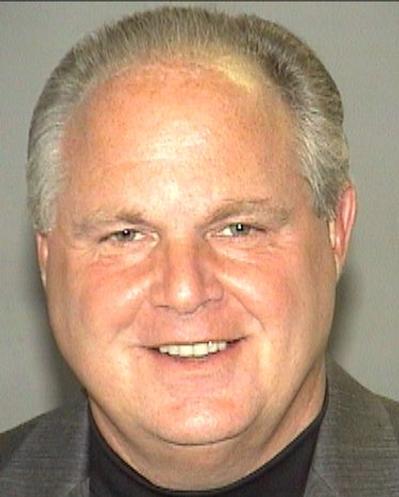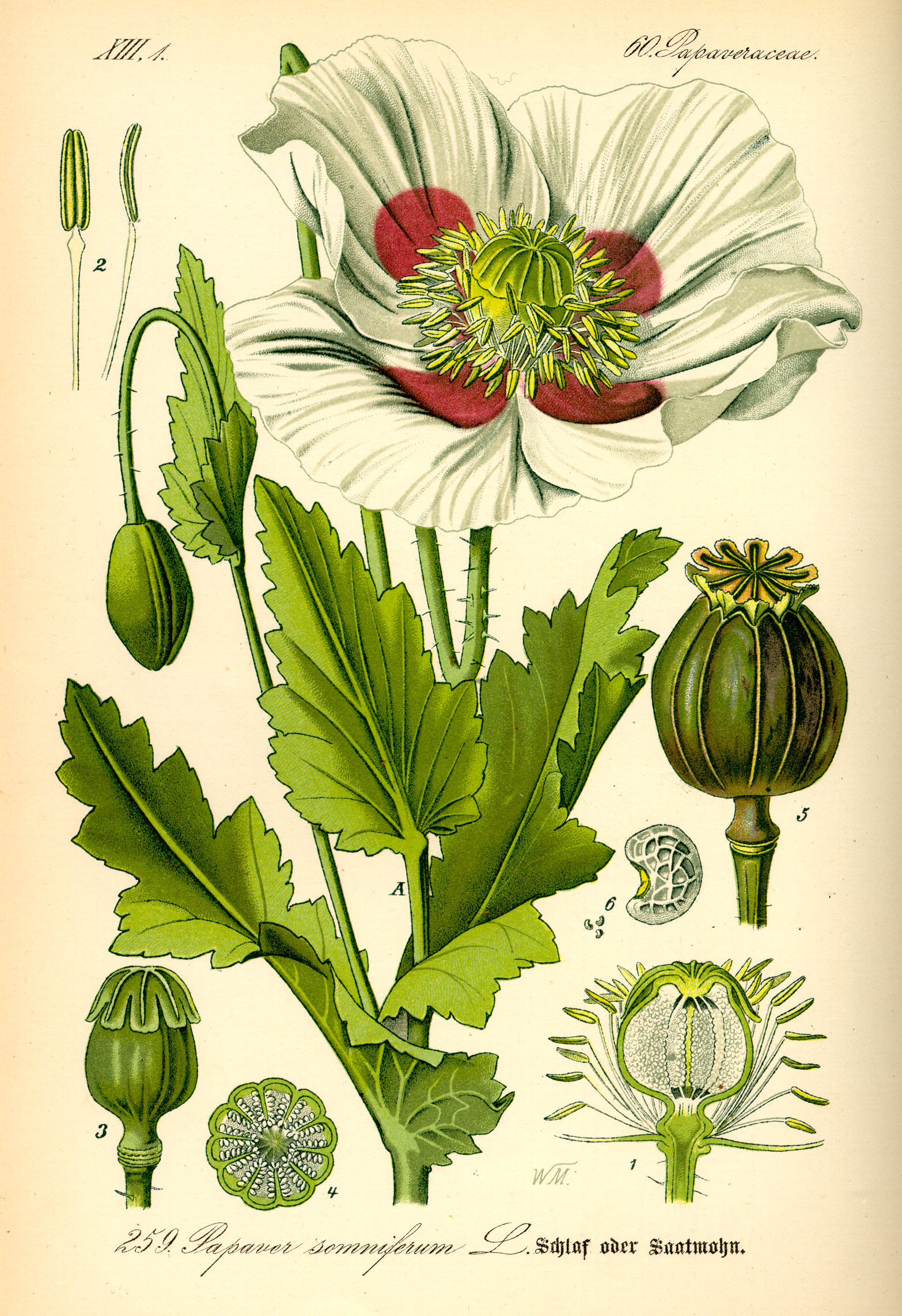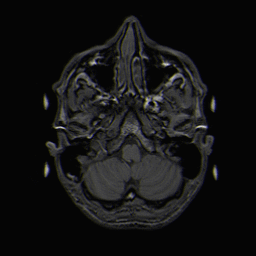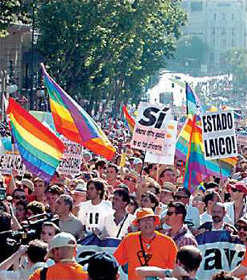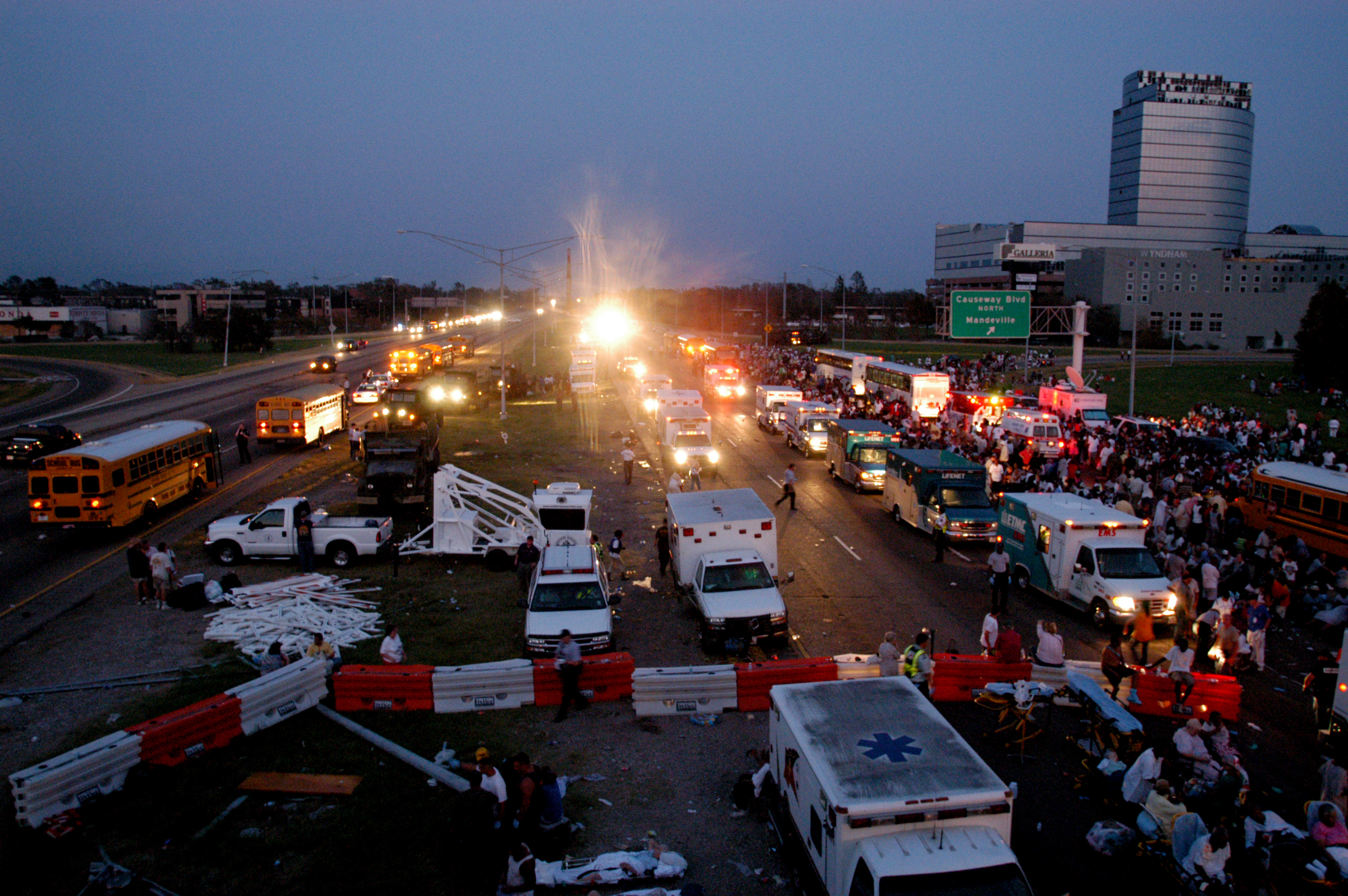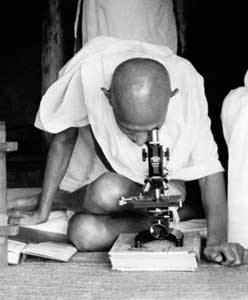When I was in medical school, I worked hard; I was thoughtful about my patients; I got along well with most of the people I worked with. But my grades weren't as good as some of my colleagues' grades were. They were fine, but more often than I liked, I seemed to just miss the highest grade in my overall evaluations. Sometimes that was for blatantly unfair reasons, other times for reasons I understood perfectly. But most of the time, it was harder to tell why I'd just missed. I spent a lot of time thinking about how to improve, and asking people how I should be improving.
In the last part of medical school I was starting to get it. An ICU rotation gave me the biggest transition: I went from doing some of my worst clinical work (in that I was disorganized and confused in presentations and in my thinking about patients) to some of my best. A couple of other rotations towards the end of medical school also went well. Still, I wasn't sure exactly what had changed, and which of the things I'd done to try to improve had actually worked.
Now that I'm an intern, I still have a lot to learn. And I'm sure I'll still have many stumbles and falls ahead. But I feel more confident in a way that surprises me, but also explains a lot of my medical school experience. I recently realized that it took me until some point between getting my diploma and my 20th hour of internship to actually believe that I was going to be a doctor. In other words, until I became a doctor, there was some part of me that didn't understand that I was actually going to be one.
In fact, even during my first day on call the meaning of the job still hadn't 100% sunk in. I was just trying to keep up, to not do anything wrong, to keep my feet on the floor and my pulse within normal limits. Before I started, everyone told me to listen to the nurses, and especially with a bunch of ICU veterans like the nurses working with me, that seemed like great advice. Nurses were coming up to me and saying, "Mr T's pressure is dropping; I think we should give him a bolus of fluids." Great, I'd say. "Half a liter sound good to you?" I'd say, entering the order into the computer. "Mrs S's potassium is down," another would tell me; "Thanks, I'll order that now," I'd say, looking at the sliding scale to replete the potassium.
For most of that first day on call, this worked excellently. Our hospital's critical care nurses are excellent, my resident and attending were watching closely, and our patients did well.
At some point early in the morning, a nurse suggested another bolus of fluids on a patient. The patient had already had a fair amount of fluid through the day. I started worrying about what another half a liter was going to do to his lungs. "Actually, I'm hesitant to do that," I said to the nurse, explaining my reasoning. Together the nurse and I talked through an alternative plan, and I checked in with my resident. It was a tiny step, a tiny transformation, but I recognized it: actually, I was a doctor. The MD on my badge was more than some iconic token of my education.
Later, as I realized that I understood some of the physiology and basic science of another one of my patient's problems, and that my patient's nurse did not understand it in the way I understood it, I realized that those years of medical school did teach me something. It's not that her education and experience and observations didn't add up to anything. But it added up to something different. Patients are safer and better-served when nurses tell doctors when their medical interventions will cause unforeseen harm, and when they are partners in the conversation about what might be done next. But that doesn't mean that doctors, even new ones, can get away with just relying on the nurse to keep the patient well.
All of this is pretty obvious to an outsider, and probably to most medical students too. But now I realize that I hadn't ever 100% believed that I would become a doctor. That belief, I see now, is a big part of the intangible confidence that some of my colleagues with better grades had. It's part of how they looked like future doctors instead of current medical students. And when I at least mostly believed that I was responsible for being a doctor--as in my ICU rotation, and a couple of others--I did well.
Now I'm a doctor. And I actually believe it. As soon as I started believing it, I became a better doctor, in an instant.
Now, looking back and recalling that a medical student will, 98-99% of the time, graduate and become a doctor, I've been thinking about what part of me wasn't registering the obvious likelihood that I would also soon become a doctor. Some of the answer comes from who I was before medical school. The people who love me the most have always had great faith in me, and believed that I was capable of many things, but I don't think that when I was in my teens and up to my mid-twenties that anyone who knew me well would have predicted what I'm doing now. I thought of myself as an artistic person, and a political person, but not as a scientific person, nor as a person who would ever become such a normal thing. Willie Nelson instructed, "Mamas don't let your babies grow up to be cowboys"--instead, he sings, "make 'em be doctors and lawyers and such." I never thought I'd be a cowboy, but I didn't think I'd be one of those and-suches either.
Many of my classmates come from medical families. They believed they'd become doctors because the job and the social identity seemed natural to them. They might have resisted it when they were younger, in order to walk their own paths and not their parents', but when they returned to the path of medical training, the terrain was familiar. The medical students who didn't come from medical families often spent their lives, since they were children, working towards the goal of becoming a doctor. I think that many of these classmates, in both categories, always believed in their future as doctors, as soon as they walked into the hospital. They started to become doctors well before they were qualified to earn a medical license. That's actually sensible. You're 66% a doctor at some point in the third year of medical school; at that point you are really more a doctor than not.
When I look back and see the ways I was improving in the last part of medical school, I see that I was becoming a doctor, that the 85% doctor I already had become was directing my actions, even if my consciousness was still too aware of the 15% doctor that I was not.
It seems easier to imagine becoming an excellent and experienced doctor (which, nearly by definition, I am not) than it was to imagine becoming a doctor at all. The next part of my training will require more work, more cognitive strain, and a steeper learning curve than medical school ever asked of me. But in terms of how I see myself, and how I've had to change how I see myself, the hardest part might have just ended.

